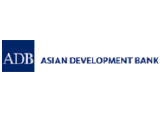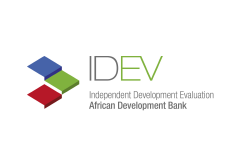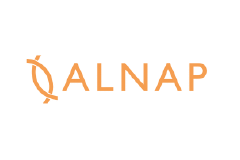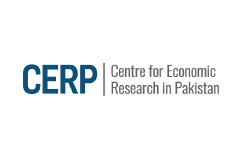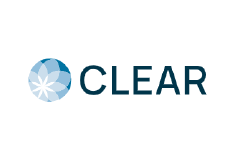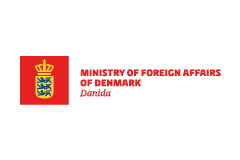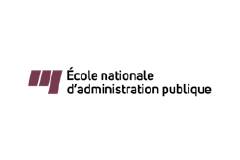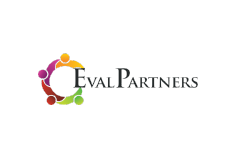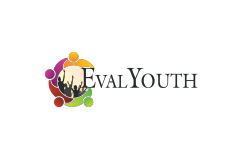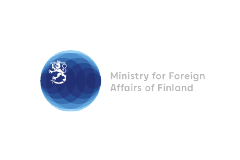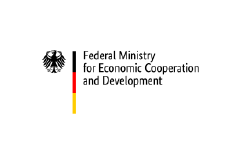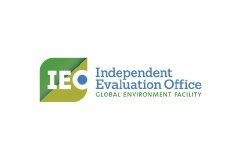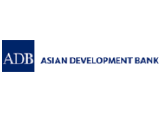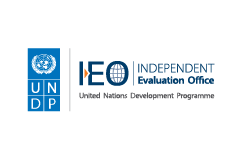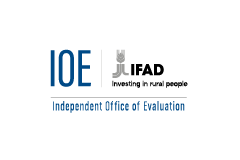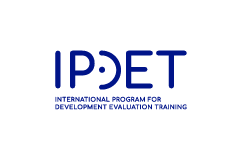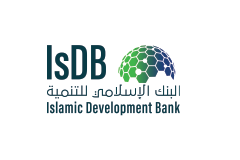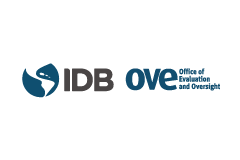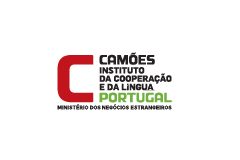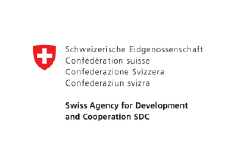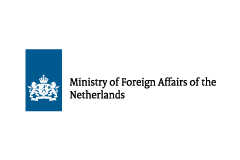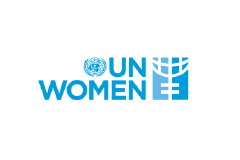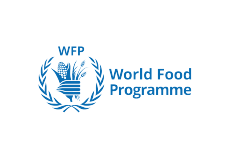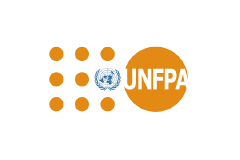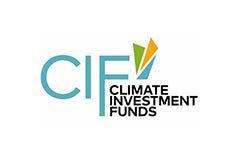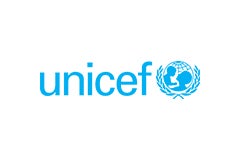Who is GEI?
GEI is a global network of organizations and experts supporting developing country governments with strengthening monitoring, evaluation, and the use of evidence in their countries. We focus our support on efforts that are country-owned and aligned with local needs, goals and perspectives.
Evidence gathered from monitoring and evaluation can be a powerful compass for the future - guiding and targeting approaches, identifying problems early on, helping to course correct, and, ultimately, delivering better outcomes. GEI’s integrated systems-based approach moves beyond disconnected interventions. We work to address the dynamic, interconnected real-world context of monitoring, evaluation and evidence use in each country to provide tailored solutions that help governments gather and use data.
Strong monitoring and evaluation functions are key to helping countries meet national and international development goals including the Sustainable Development Goals - and play a critical role in building resilience. This is even more important now, in the post COVID-19 recovery period.
THE GEI NETWORK
Partnerships are critical to what the GEI does, and they are central to how the GEI network achieves its objectives.
Our global network includes bilateral and multilateral organizations, evaluation capacity service providers, civil society organizations, academic institutions, associations, and monitoring and evaluation experts.
Our strength is the global, regional, and local expertise that our partners bring to the network and our commitment to a shared vision as GEI. We leverage each other’s expertise and work together to pool resources, identify synergies and amplify the interventions and approaches that are working. The diversity of our network brings many views to the table and helps us deliver support that is informed by global successes but is tailored to specific country needs and contexts.
GEI Partners
GOVERNANCE
The GEI Partnership Council is made up of GEI funding partners.
The Partnership Council is responsible for reviewing and providing inputs to the annual work plan and indicative budget of the Trust Fund; providing strategic guidance on Trust Fund activities; and reviewing, periodically, key performance indicators prepared by the World Bank for Trust Fund performance evaluation. It is convened and chaired by IEG and UNDP (United Nations Development Programme) (co-chair for the inaugural 3 years).
The Implementation Committee focuses on promoting good practices, collaboration, and effectiveness amongst the organizations in the GEI network.
The Implementation Committee provides a forum where implementation priorities, opportunities, and issues - at regional, country, and global levels - can be identified; and where collaboration opportunities and shared solutions can be agreed on.
The Advisory Board supports the Partnership Council, the Implementation Committee, and the GEI Global Team by providing guidance and advice.
The Advisory Board provides informed and constructive feedback on the approach being taken by GEI and its performance in achieving its strategic goals. Its opinion is solicited on certain important strategic matters, as well as on the overall strategic direction of the Initiative. In effect, the Board serves as a mechanism to provide the GEI with feedback from the global evaluation community.
The Global Team serves as the Secretariat of GEI.
It is responsible for the fiscal management of the GEI trust fund; strategic thought leadership; governance and accountability; partner relationship management; knowledge generation, and communications. It is coordinated through the World Bank Group’s Independent Evaluation Group (IEG) in collaboration with the UN (United Nations) Development Programme’s Independent Evaluation Office (IEO). The Global Team is headquartered in Brussels, Belgium, with a satellite office at IEG in Washington, D.C.

Dugan Fraser
Program Manager

Anahit Anna Aghumian
Lead, M&E Training and Professional Development

Fabio Pittaluga
Lead, Operations and Partnerships

Ketevan Nozadze
Lead, Country Technical and Advisory Support

Patrizia Cocca
Lead, Communications and Knowledge Management

Sonya Rakotonirina
Program Assistant

Arjun Kaushik
Consultant

Alice Macfarlan
BetterEvaluation Consultant

Claudia Olavarria
Communications and Gender Consultant

Helena Stadtmüller
Evaluation Advisor & Youth Consultant, GEI/DEval

Luca Padovani
Communications Consultant

Rosetti Delos Reyes Rivera
Communications Consultant

Simon Davies
BetterEvaluation Consultant

Varsha Thebo
Knowledge Consultant
To understand whether and how the GEI has achieved its objectives, our M&E Framework is built on two pillars: How do we measure what is important? How do we (use innovative ways to) tell the causal contribution story of how GEI is making a difference?
Pillar 1: How do we measure what is important?
Following the logic of GEI’s Theory of Change, GEI seeks to achieve change in terms of strengthened monitoring, evaluation and evidence use in developing countries. The Monitoring and Evaluation Systems Analysis (MESA) tool – developed by the GEI Global Team through an iterative process with GEI partners - is a diagnostics tool that centers around GEI’s integrated system-based approach. The tool can also be used to establish a baseline on the state of a country’s M&E systems and, in turn, measure progress. Repeated MESA exercises over time can capture progress on core (qualitative) outcome and impact indicators in each country. In addition, GEI partners report data on their activities, outputs (and direct outcomes of those) using GEI’s Management Information System. Among other things, those data are used to map the network’s global presence through a customized country analytics dashboard and data visualization tool. Finally, web analytics are used to capture online knowledge-related outputs and their uptake.
Pillar 2: How do we tell the causal contribution story of how GEI is making a difference?
Measuring change is one challenge, understanding causal contribution is another. We cannot assess the achievements of the GEI if we cannot link changes in relevant indicators to a causal contribution story. To help tell the causal contribution story, GEI will conduct several complementary evaluative exercises. First, the use of rigorous case-based analysis using different causal inference methods (e.g., process tracing, conjoint experiments) will be explored to understand the effectiveness of capacity development activities and their contribution to lasting change in countries’ M&E systems and practices. Second, we will explore the use of text analytics and machine learning techniques to identify, classify and analyze existing data on the internet related to the GEI’s work and its (potential) impact. Finally, a formative independent evaluation exercise will be conducted toward the end of the first five-year cycle of the GEI, which will build on all GEI-related performance data as well as the findings of these evaluative exercises to better understand the GEI’s overall achievements.

